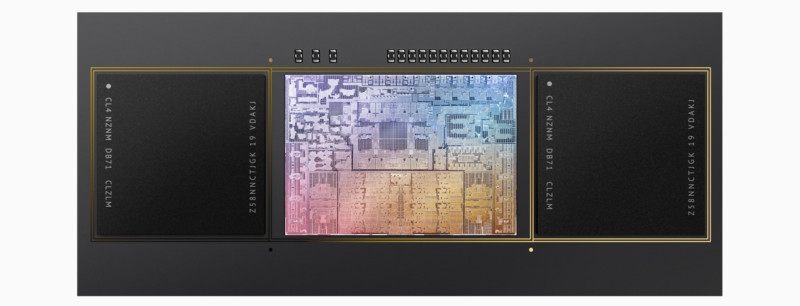Intel Has Hopes That It Can Win Back Apple’s Business
![]()
Intel has hopes that it can win back Apple’s business after the company has moved on to in-house silicon, and said that the best way to do so was to “simply make better chips” than Apple can.
In early November of last year, Apple officially announced the first of the company’s Apple Silicon family of chips, the M1. The in-house silicon promised to bring the “next generation of Mac” to its user base, with a more efficient and much more powerful system since they would be designed to specifically work within the Apple ecosystem of products.
PetaPixel’s own testing has confirmed, Apple has made good on that promise, and with the announcement of the M1 Pro and M1 Max chips, competition will be even more heated.
The M1 has been revolutionary not just due to speed, but also due to process and expectations in the industry. Since the launch of M1, multiple companies have announced the development or planned development of their own in-house silicon. This is, of course, bad news for a company like Intel.

When asked if Intel had given up on the idea of Mac running on Intel chips, Intel’s CEO Patrick Gelsinger says that his company still believed it could win back Apple’s business.
“I never give up on the idea of anything not running on Intel chips,” he says.
He explains that while Apple did a “pretty good job” at creating a better chip than Intel was able to make, the next step for his company is to go back and make a better chip than what Apple has produced. Gelsinger further states that he hopes to win back this piece of their business, as well as many other pieces of business that have shifted over the last few years.
While the plan is simplistic, the reality of creating a better chip is exceedingly difficult. By the time Intel does build a better chip, it is entirely possible that Apple has leapfrogged ahead to yet another unprecedented performance benchmark. Just this past week, Apple introduced the next generation M1 processors, and Intel has not yet answered to the original M1’s performance.
Added to this is the difficulty in making a better processor that is so good that it removes the benefits of Apple’s tightly controlled interaction between its hardware and software. That said, with both brands actively pushing out better and faster hardware, consumers will win through lower costs and advancements in performance. Competition, as always, is good.